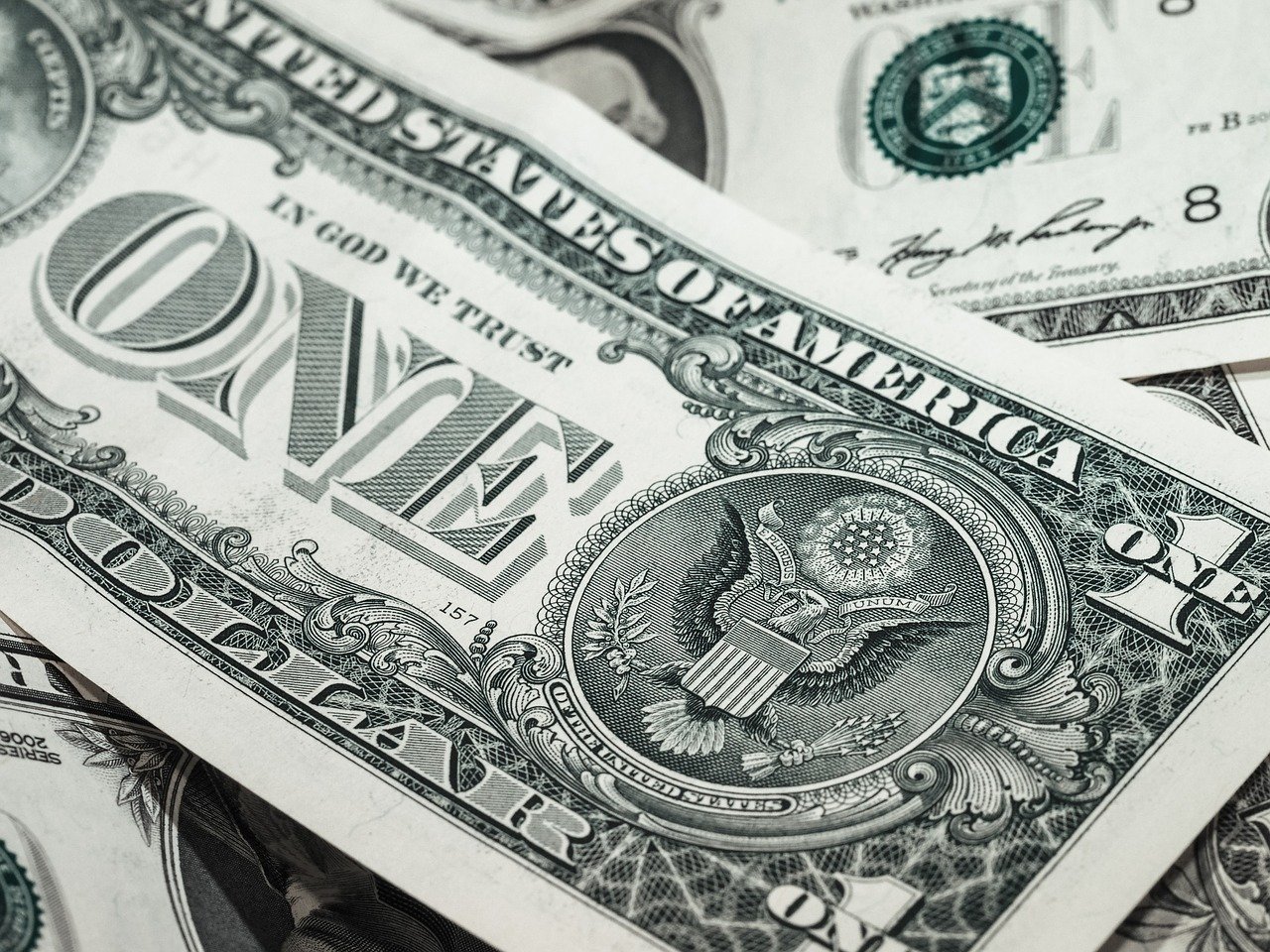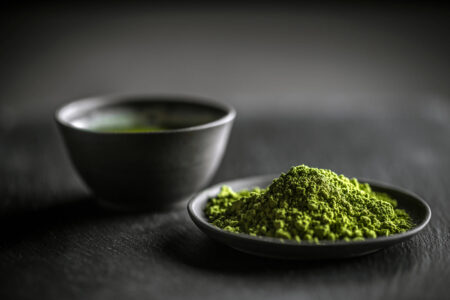It’s often said that it’s easier to control yourself when using cash, but a cash-only lifestyle often misses certain benefits. This article looks at why it might be better to use cash or card to curb spending and save for that house downpayment, a vacation, or other big purchases.
Why Use Cash?
Cash may be falling out of favor, but it’s often easier to keep spending in check with it.
Several studies have found a link between using cards and overspending. Researchers at Carnegie Mellon University conducted a study on feelings towards using cash or cards when shopping. They found that the part of the brain associated with pain was more active in participants using cash: Parting with physical money actually feels painful.
This supports a general belief that cash makes it easier to understand the value of what you’re buying. It’s easy to swipe a card and ignore the actual money being spent, especially on credit where you can put off paying for a while.
An age-old trick for limiting spending is to use the envelope trick: When you get paid each month, decide on an amount you’d like to spend on discretionary things.
Some people prefer to categorize this discretionary spending, for example an envelope for food, one for nights out, one for clothing. When an envelope runs out, that’s it. This makes it easier to keep spending in check, so you can eat out less if the food envelope is getting low, for example.
Plus, if you set a reasonable budget, it can eliminate guilt: If you’ve spent within your means and you still have $50 in the food envelope at the end of the month, why not have a nice meal out?
The envelope method can still account for emergencies and one-off big purchases too: If you suddenly need a car repair, for example, it’s okay to use your main account. The idea is to keep your regular, day-to-day spending in check.
And if your food envelope runs out, just buy the basics from the grocery store until next month. The idea isn’t to suffer, but rather spend your money wisely and see what works.
Why Use Cards?
Cards are gaining in popularity. In fact, a Consumer Credit poll found only 14% of respondents use cash for everyday purchases.
It’s easy to see why. Using debit or credit cards is often faster, and it’s easy to spend exact amounts without rooting around in your bag for change.
Plus, many consumers make use of cash back or points rewards on credit cards, which can build up to discounts on travel and more.
Cards may be safer than carrying cash, too. While you could just take out the amount of cash you need each day if you avoid cards, if your physical cash is stolen then it’s unlikely you’ll get that money back.
Cards are usually easy to cancel if you realize you’ve been robbed, and many banks and credit companies offer fraud protection if someone uses your card without your consent.
But on the other hand, if you don’t realize your card’s been stolen, the thief may have full access to your funds or credit, as opposed to the limited amount of cash you’d otherwise be carrying. So there’s a tradeoff for each method.
In terms of budgeting, you could even use the envelope method with a card. Why not set up a second account or just get a charge card that you load up with your monthly spending money when you get paid, and vow to only use that money? It’s essentially the same as the cash envelope method – the key is that your spending money is kept separate to your main bank account so you’re not tempted to overspend.
If you prefer credit cards, you could pay them off every few days with the spending money account; if the spending money account gets too low, you don’t get to use your credit cards until the next month.
Overall, the pros and cons for cash versus card mean it’s a personal choice which one you use. Why not try using cash only for a month and cards only for a month, using the envelope method in both cases, and see which one suits you best? This makes it easier to control discretionary spending, and save more of your paycheck for life’s big moments.




